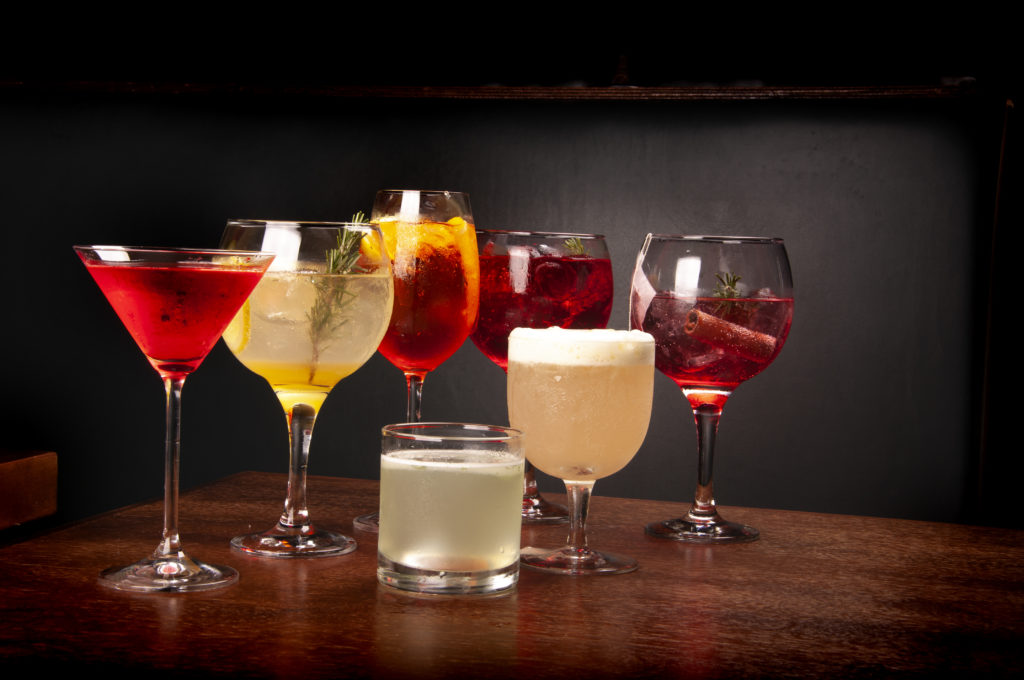RESTAURANTS and bars which offer bottomless brunch deals could be in breach of Ireland’s alcohol laws.
A new study by the Volunteer In Psychology Education Research (VIPER) programme at the Technological University of the Shannon (TUS), has found such offers appear to contravene laws under the Public Health (Alcohol) Act 2018 which ban promotions that are likely to encourage excessive alcohol consumption.
 Bottomless brunch deals are now a common offer across bars and restaurants (Pic: Getty)
Bottomless brunch deals are now a common offer across bars and restaurants (Pic: Getty)Released in a paper titled Deficits in Alcohol Enforcement Legislation in Ireland: Bottomless Brunches, which was published in the journal Epidemiology, Biostatistics & Public Health, the study found “numerous examples” of venues across Ireland offering unlimited alcohol for a fixed price over a set period of time.
In under four hours of online searching, researchers identified 18 establishments offering bottomless brunch deals: five in Dublin, five in Cork, two in Limerick, two in Galway, and one each in Kilkenny, Sligo, Tipperary, and Athlone.
The drinks on offer included Prosecco, Mimosas and Bellinis.
Authored by Niamh McGrath, a second-year BSc Applied Psychology student at TUS; Dr Frank Houghton, lecturer in the Department of Applied Social Sciences at TUS, and Dr John Lombard, lecturer in the School of Law at the University of Limerick, the study raises concerns over a lack of enforcement of alcohol legislation.
“Alcohol remains a clear and present danger to population health in Ireland,” Dr Houghton said.
“The Public Health (Alcohol) Act 2018 was a landmark piece of legislation, but without robust enforcement it risks being undermined by practices such as bottomless brunches,” he added.
“Direct and purposeful leadership is now needed to protect public health.”
Ms McGrath said the research shows “how widespread bottomless brunches are across Ireland, despite the legislation that exists to prevent this type of alcohol promotion”.
The authors warn that “alcohol control legislation without robust enforcement may be of little use in restricting illegal alcohol promotion”.
They conclude that Ireland has “exhibited a lack of leadership in relation to alcohol control in the past” and that “direct and purposeful leadership is now required” to tackle practices that encourage excessive drinking.

